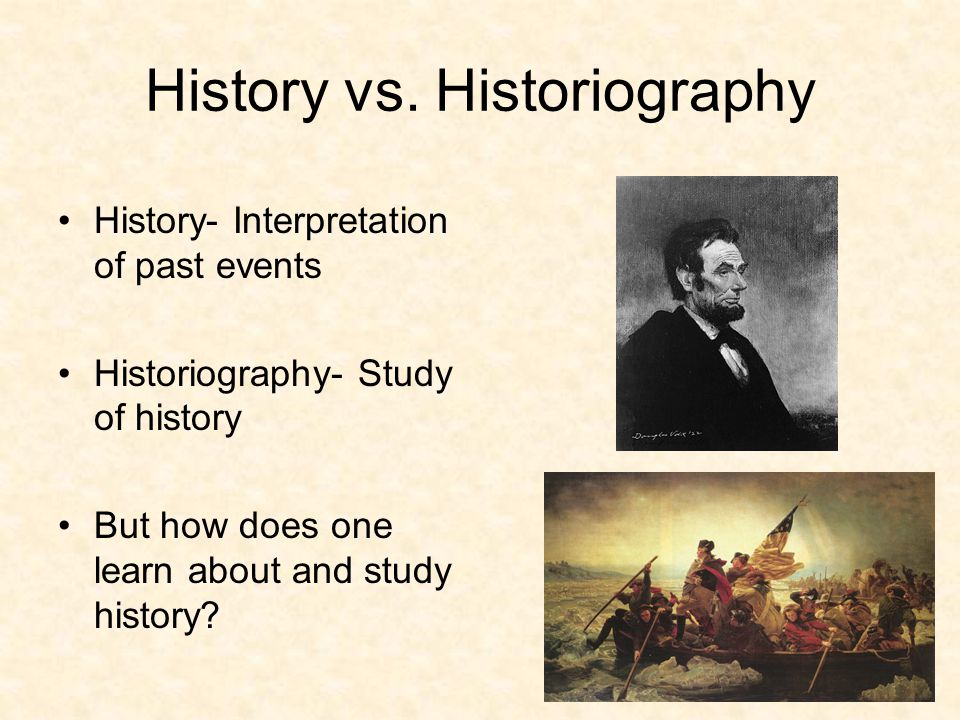
I saw a question on twitter, a summary of a question a history grad student asked their advisor.
“Who will read my thesis besides you?”
The answer they got back: “No one, because it won’t matter to anyone else but you and us.”
The unnecessary slam the professor included? “Put a ten dollar bill in it before it goes to the library so when you come to town you’ll have money for lunch.”
Needless to say, everyone with a history degree has taken a high level class in historiography.
It even sounds like a made up word.
What it means, but not the only definition, is the history of history. Lots of history going on. Historiography asks who writes history, who records the dastardly deeds, what influences them, and why it matters.
Makes sense so far? Here’s another challenge: what’s it called when you write the history of historians working to interpret history through important objects in a history museum?
Most of the time those people aren’t historians, they’re museum people with degrees in museology, or museum studies. Historians get hired to connect the dots between objects and eras and evolution presented by museum people.
That’s where it gets hard, where the argument starts and ends. Whose history gets the treatment? Is it based on consensus? Is the bias too obvious, because there’s always a bias. Any time a museum lists supporters and contributors to an exhibit, there’s bound to be the bias discussion.
Historiography To The Rescue
In meetings to determine the final content for public history exhibit, someone brings up history, someone always brings up history in a history museum. Go figure.
The big reminder, the big take away the historians, contributors, and museum professionals need to agree on is pretty simple: Get. It. Right.
No one wants sketchy history, the sort of stories easily proven wrong, attributes debunked by the least aware. If historiography does it’s job we’ll know all there is to know.
Eventually.
Until then we live with observations, speculations, opinions, and conjecture. In other words we live with the usual bullshit.
In a normal world people doing good things want recognition; people doing trash want the lights out so they won’t be mistaken for just another cockroach. The difference comes from seeing who scurries for the shadows in bright light.
History loves painting the 1950’s, the years of the Eisenhower rule, as dull and hardly worth a second look. A shallow dive shows another picture. Under the commander in chief who ran WWII in Europe, who was a college president, Iran and Guatemala had outside interference in 1953 and 1954.
The Middle East boiled to war in the Suez Crisis. Britain patrolled the Malayan Emergency. The French were in Vietnam. America was in Korea. How sleepy and dull was all that for the ’50’?
Decades later the story still has surprises, but history is closer to being settled on those times.
How will 2019 look sixty years out? Will serious scholars be able to unravel the motives and acts of people working in the glare of the public spotlight, people who’ve mastered the art of deception to the point of swerving the national discourse out of the mainstream lane?
Start with the non-verbal, the body language, the expressions. It’s an angry picture of faces twisted in barely controlled rage. Here’s the problem: the people on stage making faces know their act is an act; those in the audience see it differently. The staged anger motivates them.
To do what?
When is the last time you cheered when someone called you stupid? The last time you heard a promise that wasn’t kept, but you kept hearing it? When is the last time an elected national leader chose to focus on themselves instead of doing the job they were elected for?
If a man said, “We love the under educated,” and you cheered, what were you listening to? If a financial policy favored the money club and increased your taxes with nothing in return, what were you cheering for?
If the fifties were the ‘sleepy decade’, and the late 2000 teens made you want to take a nap until it’s over, how will history be recorded?
This is the reason for historiography, getting the story right.
So, what’s your story, what’s your history? Make it a good one.


